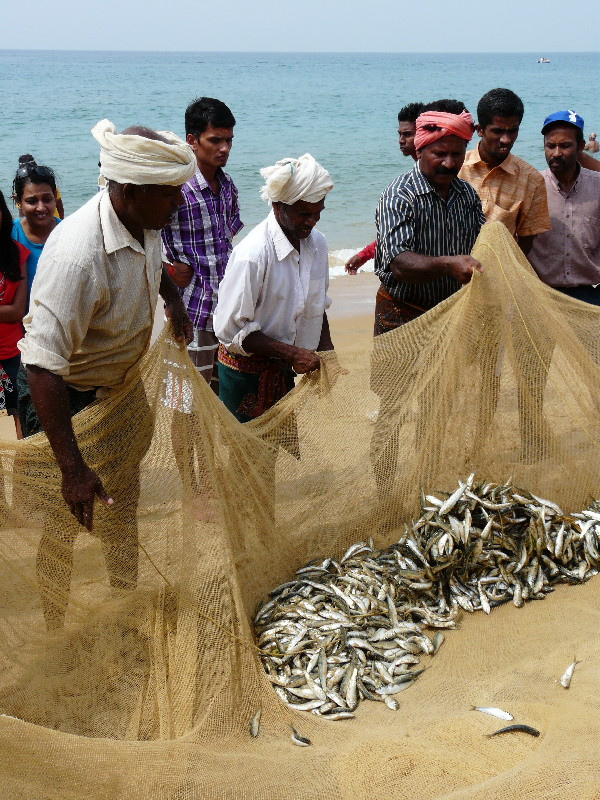 START WITH SCRIPTURE:
START WITH SCRIPTURE:
Matthew 4:12-23
CLICK HERE TO READ SCRIPTURE ON BIBLEGATEWAY.COM
OBSERVE:
Matthew’s Gospel is very aware of the connection between the Hebrew heritage of the Old Testament and the Gospel of Jesus Christ. He specifically connects the beginning of Jesus’ ministry with the prophecy of Isaiah:
“The land of Zebulun and the land of Naphtali,
toward the sea, beyond the Jordan,
Galilee of the Gentiles,
the people who sat in darkness saw a great light,
to those who sat in the region and shadow of death,
to them light has dawned.”
Matthew is crystal clear that Jesus is the great light who has come to all people who are in the darkness and shadow of death.
The context of this fulfillment of prophecy are the movements of Jesus following the arrest of John the Baptist. Jesus departs the Jordan river valley and returns to Galilee, eventually coming to live in Capernaum — which was historically the region once occupied by the tribes of Zebulun and Naphtali.
Jesus begins his ministry by preaching essentially the same message that his cousin John had been preaching:
“Repent! For the Kingdom of Heaven is at hand.”
The key difference is that Jesus is not merely the messenger of the Kingdom; he is the King whose very presence inaugurates the Kingdom of Heaven!
Jesus begins to assemble his “team,” his “cabinet” who will help him in his ministry. When we look closely at his choices as though we were seeing them for the first time, we might well be surprised. As he walks by the sea of Galilee, Jesus invites fishermen to follow him! Simon Peter and his brother Andrew evidently were in business together as fishermen; and James and John worked for their father Zebedee.
Jesus uses a metaphor that they would surely understand:
“Come after me, and I will make you fishers for men.”
We are told that in each case, the two sets of brothers immediately left their nets. Had they met Jesus prior to this account? We might speculate that they had met Jesus, based on the account in the Gospel of John 1:39-41. Andrew is one of the two disciples of John the Baptist who heard John announce that Jesus is the Lamb of God. In this account, Andrew spends time with Jesus and then seeks out his brother Simon and introduces him to Jesus. Perhaps a network of communication had been initiated among these fishermen, and they had begun talking about this Jesus. So when the invitation came, perhaps they were more than ready to leave everything behind and follow him.
Finally, Matthew describes the modus operandi of Jesus’ ministry — itinerant preaching and healing:
Jesus went about in all Galilee, teaching in their synagogues, preaching the Good News of the Kingdom, and healing every disease and every sickness among the people.
APPLY:
There is a lot going on in this passage as Jesus begins his ministry. He has been baptized by John in the Jordan river, and has endured testing in the wilderness from the Devil. Now he is ready to begin the process of fulfilling the Messianic prophecies of the Old Testament.
He is the great light that pierces the darkness and shadow of death.
In the process, he shares his message, begins to assemble his ministry team, and reveals the method of his ministry.
The call to repentance — to turn away from sin, and to turn toward God — is made more poignant because Jesus is the light whose presence reveals that the Kingdom of Heaven is in their midst! Jesus has come as the one who is capable of forgiving sin, and making true repentance possible.
The call of the disciples becomes a paradigm for all disciples of Jesus — that we are to be fishers of people no matter what our professions may be. Even if we don’t leave our nets, our offices, our jobs, if we are disciples we are to seek to bring others into the network as followers of Jesus.
And Jesus’ itinerant ministry also provides a model for us — he goes where the “fish” are, so to speak, and teaches and preaches and heals. We also are to go where the people are, to teach the Good News of the Kingdom, without neglecting the physical needs of people.
RESPOND:
I am intrigued by the concept of nets and networking that this passage suggests. We are all called to be disciples, which means we are to be fishers of people. We become part of a network of people, that we call the church, who each play a critical role in drawing people closer to Christ.
This doesn’t mean that every disciple must be a clergyperson or a missionary in foreign lands. It does mean that each of us are to “go fishing” in the neighborhoods and communities where we live and work.
I can recall years ago in my ministry when the man who was the chair of the church’s evangelism committee asked to address the congregation on Sunday morning. I was surprised when he stood up and said, “I am the chair of the largest committee in this church.” And then he explained what he meant — “Every one of you is a member of my committee.”
Evangelism — sharing the Good News of Jesus Christ — is the ministry of all of us.
Lord, your light has come into our world. You have brought light into my own life. I have heard your call to share your light with others. Equip me and show me how to make people into disciples. Amen.
PHOTO:
“That’s all they caught” by jankie is licensed under a Creative Commons Attribution-NonCommercial-NoDerivs 2.0 Generic license.
